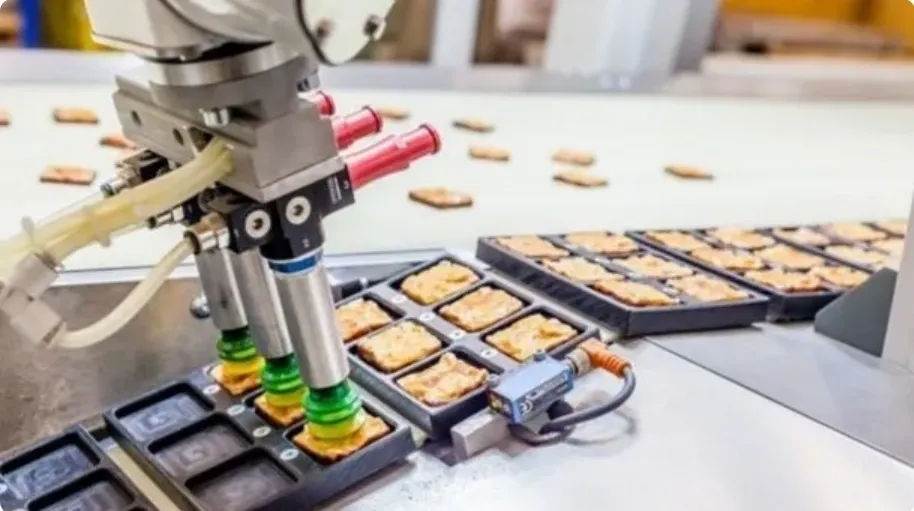Technology and its integration in the food business have become increasingly important due to the numerous benefits it offers. Here are several reasons highlighting the significance of technology in the food industry:
- Efficient Operations: Technology streamlines various aspects of food business operations, such as inventory management, order processing, and staff scheduling. This efficiency reduces costs and enhances productivity.
- Improved Customer Experience: Technology can enhance the customer experience by offering online ordering and delivery services, mobile apps, self-service kiosks, and digital menus. These options provide convenience and personalization for customers.
- Inventory and Supply Chain Management: Advanced software and tracking systems help businesses manage their inventory more effectively, reducing waste and ensuring products are always available when needed.
- Quality Control: Technology, including sensors and monitoring devices, can help maintain the quality and safety of food products. For instance, temperature sensors can ensure that perishable goods are stored at the correct temperature.
- Data Analytics: The food industry can leverage data analytics to gain insights into customer behavior, trends, and preferences. This information can guide marketing efforts, menu planning, and product development.
- Cost Reduction: Automation and technology can help businesses reduce labor costs, particularly in repetitive tasks like order processing, billing, and inventory tracking.
- Marketing and Promotion: Digital marketing tools, social media, and customer relationship management (CRM) systems enable businesses to reach a wider audience and engage with customers more effectively.
- Sustainability: Technology can assist in reducing waste and promoting sustainability in the food industry. For example, analytics can help optimize supply chain routes to minimize transportation emissions.
- Food Safety: Food safety is paramount, and technology aids in monitoring and controlling processes to prevent contamination and outbreaks. Blockchain technology, for instance, can help trace the source of contaminated food quickly.
- Menu Customization: Technology allows for the customization of menus and offerings to cater to various dietary preferences and restrictions. This personalization enhances customer satisfaction.
- Payment Systems: Contactless payment methods and digital wallets offer convenient and secure ways for customers to pay for their orders, improving the overall payment experience.
- Online Reviews and Feedback: Online review platforms and feedback collection systems help businesses understand and respond to customer feedback. This can lead to improved products and services.
- Food Delivery and Aggregator Platforms: Food delivery apps and aggregator platforms like Uber Eats, GrubHub, and DoorDash have revolutionized the way food businesses reach customers, enabling them to tap into a broader market.
- Compliance and Regulation: Technology can assist food businesses in meeting regulatory requirements more efficiently. This includes labeling, allergen tracking, and reporting.
- Predictive Analytics: Predictive analytics can help businesses anticipate demand and adjust their offerings and inventory accordingly, reducing waste and ensuring customer satisfaction.
- Innovation and New Product Development: Technology supports food innovation by aiding in research and development, recipe testing, and the creation of new and exciting products.
In summary, technology integration in the food business is crucial for improving efficiency, enhancing customer experiences, reducing costs, and ensuring food safety and quality. The ability to adapt and leverage technology effectively is a key differentiator in an industry that is constantly evolving to meet the changing demands and preferences of consumers.


